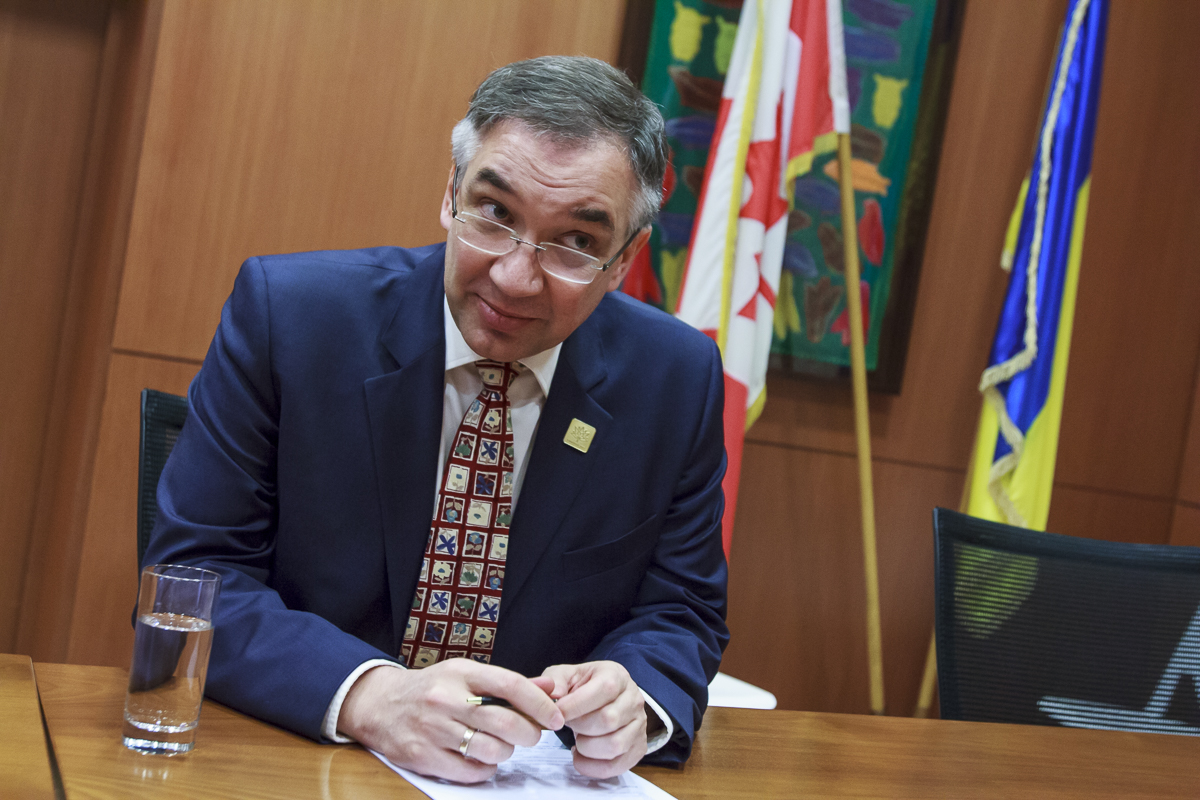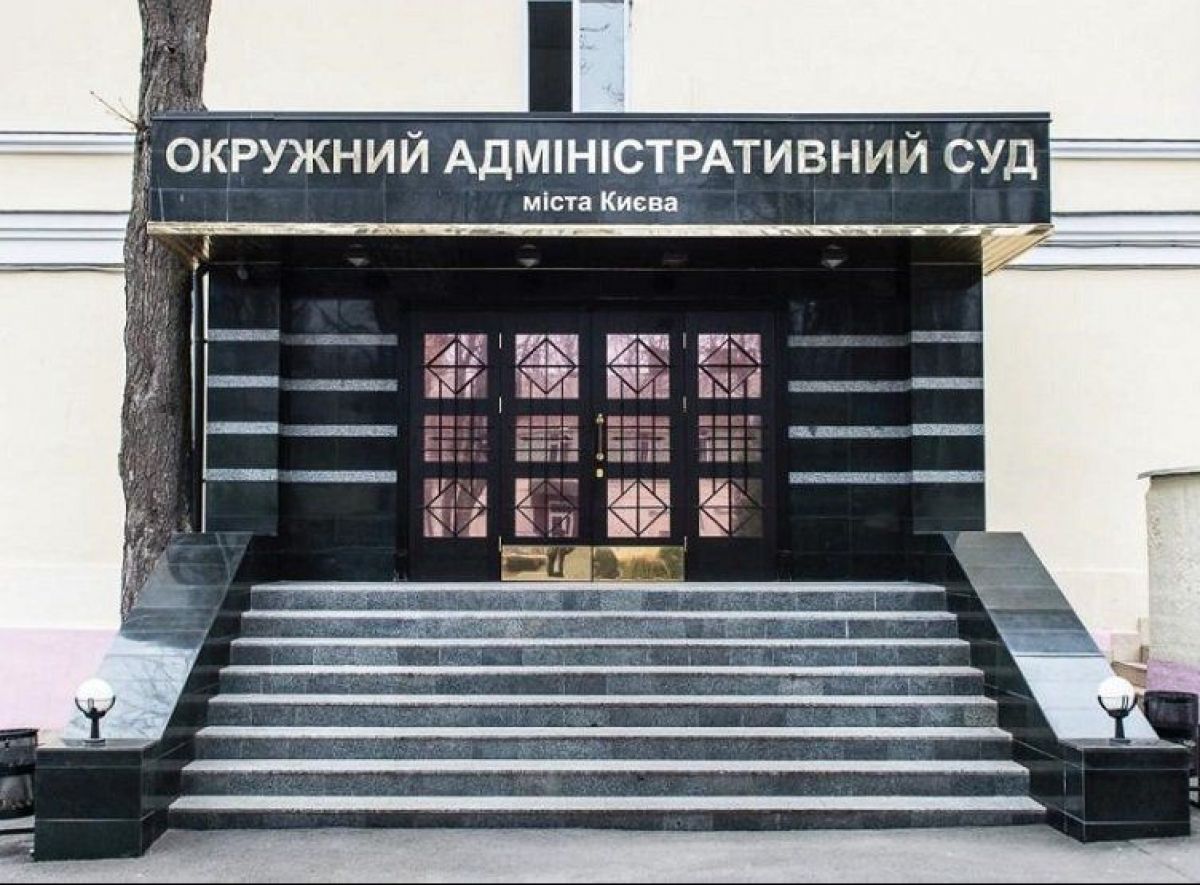The winter of 2019 was crucial for Ukraine's judicial system: competitions to the key institutions, the High Anti-Corruption Court and the Supreme Court were coming to an end. The former was a success in general, while the latter became a failure. Both are to make decisions on the cases of supreme importance for Ukraine. So far it has been the body of judicial self-governance, the High Qualification Commission of Judges (HQCJ) which created the main obstacles for fair competitions in both cases and let unworthy candidates enter the key courts. Iryna Shyba, head of projects at DEJURE Foundation, an organization actively involved in the judicial reform described the main challenges which existed during the competitions and explained what needs to happen for the court to be really independent.


Why the competition to the Supreme Court is so important for the Anti-Corruption reform
The Criminal Cassation Court within the Supreme Court will consider the cases of the top-corruption as the last instance. A year ago, five dubious candidates were already appointed to the Criminal Cassation Court after the first competition to the Supreme Court. Among them are Viacheslav Nastavniy and Serhiy Slynko, who made politically motivated decisions in the cases of Pavlichenko and Lutsenko. Stanislav Kravchenko who was accused by the PIC of lying in the declaration became the Head of the court. As a result of the second competition to the Supreme Court, two more dubious candidates may become judges of the Criminal Cassation Court.- Svitlana Vus, an ex-judge of the Supreme Court of Ukraine who did not declare her real estate and adopted decisions violating human rights.
- Serhiy Yeremeichuk, a judge of the appeal court from Rivne who couldn’t explain the origin of his assets and was accused in biased/prejudice consideration of cases.
Is there a chance to prevent the appointment of these candidates?

- the existence of reasonable doubt as to whether the candidate meets the criteria of integrity or professional ethics or other circumstances that may adversely affect public confidence in the judiciary in connection with such appointment;
- violation of the procedure for appointment as a judge determined by law.

Is banning dubious candidates enough for a good Anti-Corruption Court?
In order to ensure the independence of the Higher Anti-Corruption Court, it is also necessary to choose a worthy head of the apparatus and employees of the court apparatus. Currently, the provisional head of the apparatus of this court is Oleksiy Zhukov, an ex-prosecutor of the Prosecutor General’s Office who has ambivalent political ties. As the competition for the permanent office of the head of the court apparatus was not yet announced, the risk of Zhukov being transferred to the post of permanent head of the apparatus of the anti-corruption court without any competition remains. As well, the HCJ might still pressure the Anti-corruption court judges through the disciplinary cases like they did with Holnyk. The participation of international experts with strong veto powers contributed to the Anti-corruption court being completed successfully. However, this success might be negated by the composition of the Criminal Cassation Court of the Supreme Court that will consider cases of top corruption as a third instance, manipulations from the apparatus of the HAC, or due to pressure on the judges through disciplinary cases.To mitigate those risks, an independent anti-corruption chamber should be created with the involvement of international experts. Experts also call to change the composition of the judicial governance bodies tasked with selection and disciplinary functions (the HQCJ and HCJ). The bodies should be composed of at least 50% public sector representatives whom society trusts (human rights activist, journalists, representatives of specialized NGOs) and/or reputable foreign experts. Only this measure can provide effective judicial governance.

Iryna Shyba is head of projects at DEJURE Foundation
Read also:
- The Court – Euromaidan Press documentary on the creation of the Anti-Corruption Court
- Society guarding fairness of Ukraine’s Supreme Court: 78 new judges to be selected next months
- 5 months after legal start of Anti-Corruption Court, how close is Ukraine to prosecuting its top-corrupts?
- Anti-Corruption Court in Ukraine: so far, so good, but dangers lie ahead
- Saving Ukraine’s Anti-Corruption Court: international experts filter candidates, facing roadblocks from old system
- Civic watchdog in Ukraine: we were used to legitimize dishonest Supreme Court appointments





